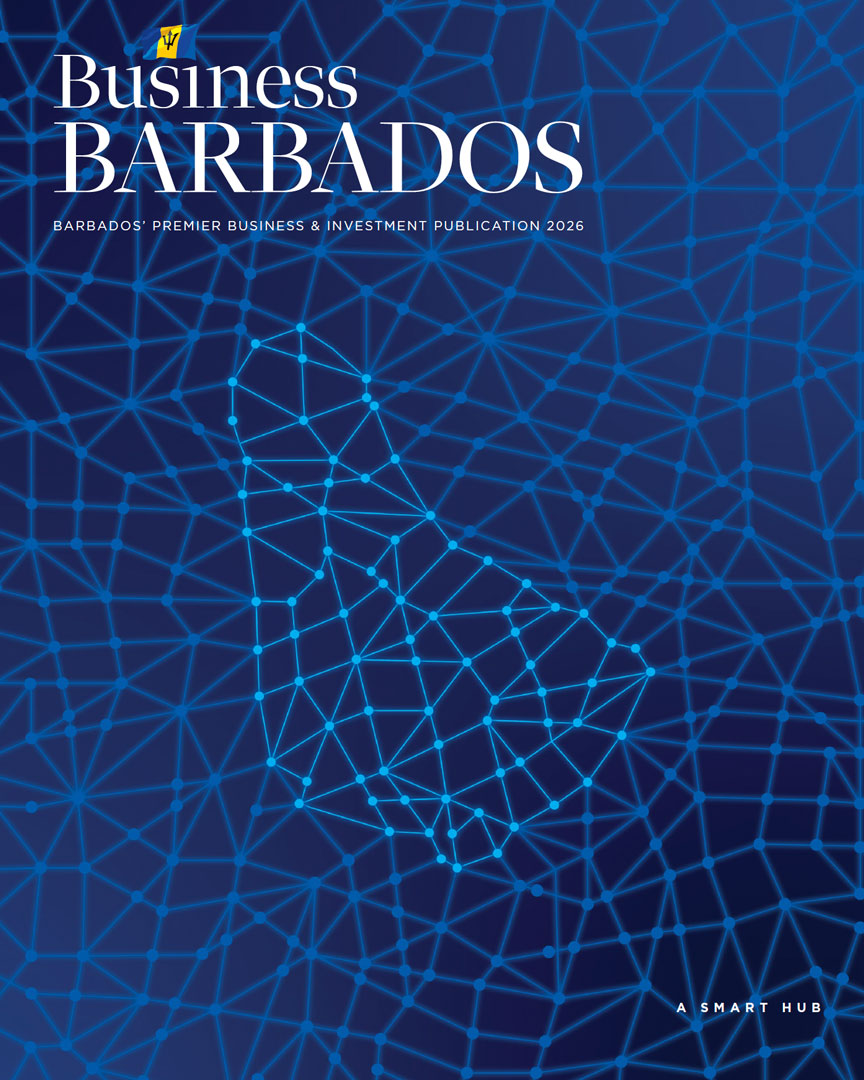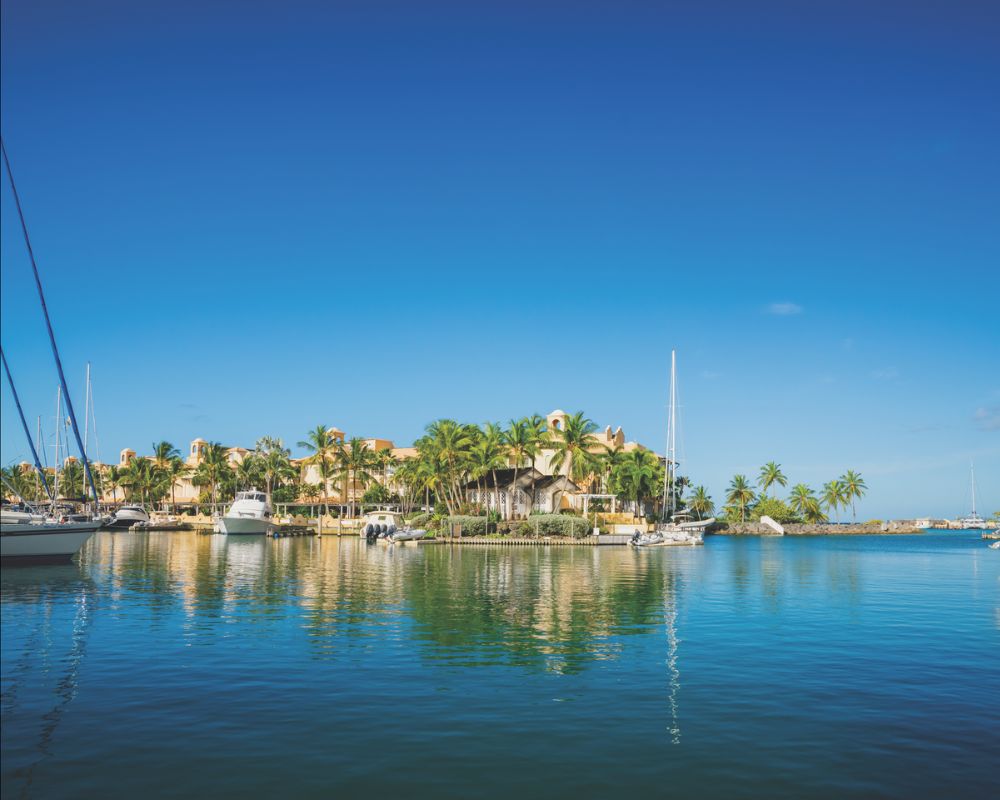
Much like the highly anticipated world premiere of a beloved TV series, tax professionals and Multinational Enterprises (MNEs) are anxiously awaiting the future of international tax policy and the implementation of Pillar Two. With a cast of over 130 nations, the producers, the Organization for Economic Cooperation and Development (OECD), have meticulously designed the plot to address any lingering concerns that Pillar One may have missed. The debut episode garnered considerable attention, and, akin to a movie critic, this article offers a sneak peek into the upcoming episode and outlines the adjustments Barbados has made to leverage Pillar Two in its favour.
Pillar Two
Pillar Two is a set of Model Rules that were established to reduce MNEs ability to shift profits from parent entity jurisdictions to a no or low tax jurisdiction. Parent entity jurisdictions will be allowed to “top up” taxes to the global minimum tax (GMT) rate of 15% on MNEs with annual consolidated group revenue in excess EUR 750 million. However, low tax jurisdictions may elect to introduce domestic legislation based on these OECD developed Model Rules to increase their domestic tax rate to avoid parent entity jurisdictions collecting the excess tax that would now be due in those jurisdictions.
Barbados’s Approach to Pillar Two
Barbados, a jurisdiction known for its low tax rates and status as a developing nation, has chosen a distinct path in response to Pillar Two. In its commitment to position itself as a premier choice for MNEs, the Government of Barbados announced in November 2023 a transformative legislative overhaul. This reform aims not only to align with the OECD’s guidelines but also to attract and retain investors.
Barbados has implemented the fundamental elements of the Global Minimum Tax (GMT), specifically the Income Inclusion Rule (IIR) and the Undertaxed Profits Rule (UTPR). The implementation of the Qualified Domestic Minimum Top-Up Tax (QDMTT) is also on the agenda but will primarily apply to companies falling within the specified scope. The successful execution of one or a combination of these measures empowers Barbados to impose taxes of up to 15% on eligible Multinational Enterprises (MNEs). Nevertheless, Barbados has opted to postpone the application of these measures in cases where the Ultimate Parent Entity (UPE) of MNEs is headquartered in the USA or China and adheres to domestic GMT regulations.
The foremost step on this journey was the adjustment to the corporate tax rate to match the GMT rate of 15%. This alignment will occur gradually, with the immediate increase to 15% for MNEs with annual consolidated group revenues surpassing EUR 750 million (in scope MNEs). A new corporate tax rate of 9% will apply to Barbados companies, with the exception of the below:
a. Companies which earn income below BBD 2 million and are registered as a Small Business under the Small Business Development Act, shall be subject to a Corporate Income Tax rate of 5.5%;
b. Companies operating as licensed insurance companies – either Class I, II or III, will maintain their current tax regime;
c. Companies in the International Shipping business will continue to be governed by the tax regime introduced in 2019 (i.e., sliding scale of 5.5 – 1%), as a result of this industry being scoped out from current GloBE rules; however, this will be revisited from effect of calendar year 2025;
d. In-scope MNEs, whose Ultimate Parent Entity (or Constituent Entity) is in any jurisdiction that has not adopted the Income Inclusion Rate or Undertaxed Profits Rule, will continue to be governed by the current tax regime introduced in 2019 (i.e., sliding scale of 5.5 – 1%), with no introduction of a Qualified Domestic Minimum Topup Tax; and
e. An application of a Qualified Domestic Minimum Top-Up tax to 15% will be applied for in-scope MNEs, who’s Ultimate Parent Entity (or Constituent Entity) is in any jurisdiction that has adopted the Income Inclusion Rate or Undertaxed Profits Rule
Lastly, Barbados has implemented qualifying tax credits aimed at reducing the effective tax rate of all companies in Barbados. These credits, known as “qualifying refundable tax credits,” have a unique status as they are regarded as income for Pillar Two global anti-base erosion (“GloBE”) purposes, rather than a reduction in adjusted covered taxes. The OECD has established specific criteria to determine which tax credits qualify as “refundable” to ensure they do not lead to harmful tax practices. Therefore, these tax credits introduced in Barbados met the OECD’s standards for qualifying credits while remaining practical and attractive to potential investors. These qualifying credits encompass incentives for:
• Employment promotion – a qualified job credit for payroll costs of designated activities and sectors, between 75% and 475%; and
• Supporting research and development - a research and development credit for eligible activities, up to 50% of eligible costs.
It is also anticipated that further tax credits will be available, including one for companies engaged in Environmental, Social and Governance (or ESG), activities.
Safe Harbour Rules
In an effort to support developing nations, the OECD has introduced safe harbour provisions designed to allow MNEs operating in lower-risk countries to defer their Pillar Two compliance obligations until 31 December, 2031. To determine eligibility for MNEs with operations in Barbados, one must assess the MNE’s data, such as its Country by Country Reporting (CbCR) and financial statements, to ascertain whether its operations meet any of the following three criteria:
1. De Minimis Test: The MNE’s total revenues do not exceed EUR 10 million, and its profit before income tax does not surpass EUR 1 million, as indicated in its CbC report.
2. Effective Tax Rate Test: The MNE maintains a “simplified ETR” equal to or greater than 15% for the years commencing in 2023 and 2024. This threshold increases to 16% and then 17% for the years commencing in 2025 and 2026, respectively.
3. Routine Profits Test: The pre-income tax profits of the business are either equal to or do not exceed the “substance-based income exclusion amount” as calculated in accordance with the OECD model rules.
The additional administrative workload associated with complying with these Model Rules is expected to be substantial and unprecedented. The recent changes have captivated viewers worldwide, especially those with interest in Barbados. Nevertheless, viewers are encouraged to stay tuned to the international business landscape as Barbados strives to maintain its leading position in meeting the requirements of both the OECD and investors. Enjoy the show!















